The Leopard is a strong, fast, and quiet hunter. It is one of the most powerful and sneaky big cats in the world. Leopards are known for their beautiful spotted coats and their ability to climb trees, even with their prey. They live in many parts of Africa and Asia.
Scientific Classification
-
Kingdom: Animalia
-
Phylum: Chordata
-
Class: Mammalia
-
Order: Carnivora
-
Family: Felidae
-
Genus: Panthera
-
Species: Panthera pardus
Common Names
-
Leopard
-
Spotted Cat
-
Panther (in some places)
-
Black Panther (when the leopard is black in color)
Geographic Distribution
Leopards live in many places, including:
-
Sub-Saharan Africa
-
India and Sri Lanka
-
China and Southeast Asia
-
Parts of the Middle East
They survive in:
-
Forests
-
Grasslands
-
Mountains
-
Even near cities, if they have cover
 Image showing a leopard resting on a tree branch (Source: iStock)
Image showing a leopard resting on a tree branch (Source: iStock)
Physical Characteristics
-
Color: Golden-yellow coat with black spots (called “rosettes”)
-
Black Leopards: Still leopards, but with dark skin (melanism)
-
Weight: 30 to 90 kg depending on sex and location
-
Body: Long and muscular, with strong jaws and legs
-
Tail: Long and thick, helps with balance in trees
Leopard vs Other Big Cats
| Feature | Leopard | Cheetah | Jaguar |
|---|---|---|---|
| Size | Medium big cat | Slimmer and faster | Stockier and more powerful |
| Spots | Rosettes with no center | Solid black dots | Rosettes with black centers |
| Climbing | Excellent tree climber | Rarely climbs | Good but not as often |
| Roar | Can roar | Cannot roar | Can roar |
What do Leopards eat?
Leopards are carnivores, and they hunt:
-
Antelope and deer
-
Monkeys
-
Birds
-
Rodents and small animals
-
Sometimes fish or livestock
They hunt alone, usually at night, and drag their food up trees to eat in peace.
Fun facts about Leopards
-
Leopards can carry prey twice their body weight up a tree.
-
Black leopards are often called “black panthers.”
-
They are excellent swimmers and enjoy water.
-
They use whiskers and night vision to hunt in the dark.
-
Leopards are very quiet, they stalk their prey in silence.
Importance to Humans
Positive Effects:
-
Control population of animals like rodents and deer
-
Attract tourists and support wildlife conservation
-
Inspire stories, art, and symbols of strength and stealth
Negative Impacts:
-
May kill livestock in rural areas
-
Can be dangerous if cornered or hungry
-
Sometimes attacked due to fear or revenge
Health & common issues
Leopards in the wild are strong but face some health challenges.
Common health issues:
-
Wounds from fights or traps
-
Parasites like ticks and worms
-
Weakness from hunger in dry seasons
-
Stress from shrinking habitat
In captivity or rescue centers:
-
Obesity from lack of space
-
Dental issues
-
Mental stress if cages are small
-
Need for regular health checks and vaccinations
Conservation Status
-
Status: Vulnerable (according to IUCN)
-
Main threats:
-
Habitat loss due to farming and buildings
-
Poaching for skin or bones
-
Human-leopard conflict
-
-
Some subspecies like the Amur Leopard are critically endangered
Protected areas like game reserves and national parks help keep leopard numbers safe.
 Image showing a leopard walking through tall grass at sunset (Source: Freepik)
Image showing a leopard walking through tall grass at sunset (Source: Freepik)
Just in case you need expert care for wild animals or have a wildlife concern, do not hesitate to reach out to us at Doctor Hulk Veterinary Hospital, or simply call 08143397614.




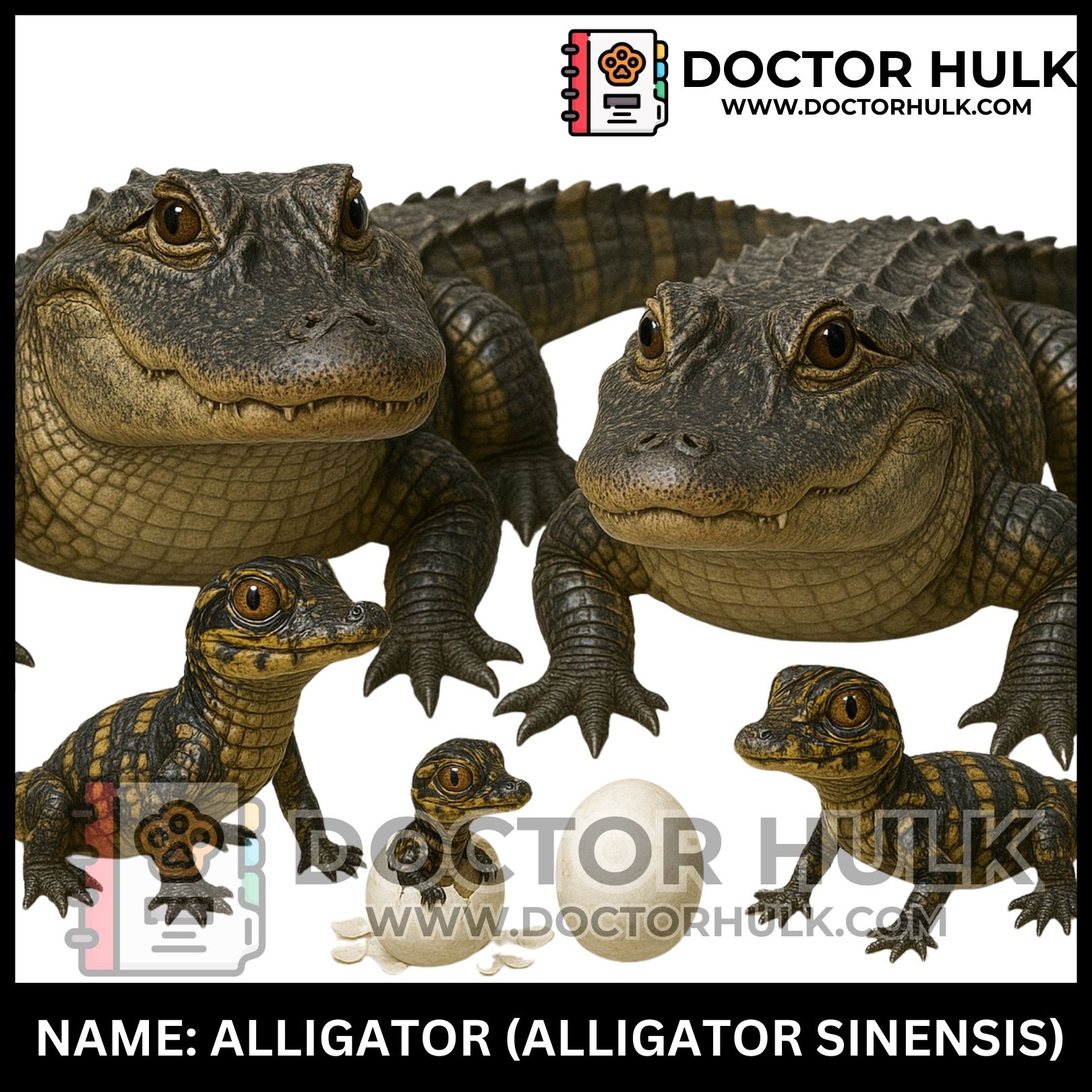
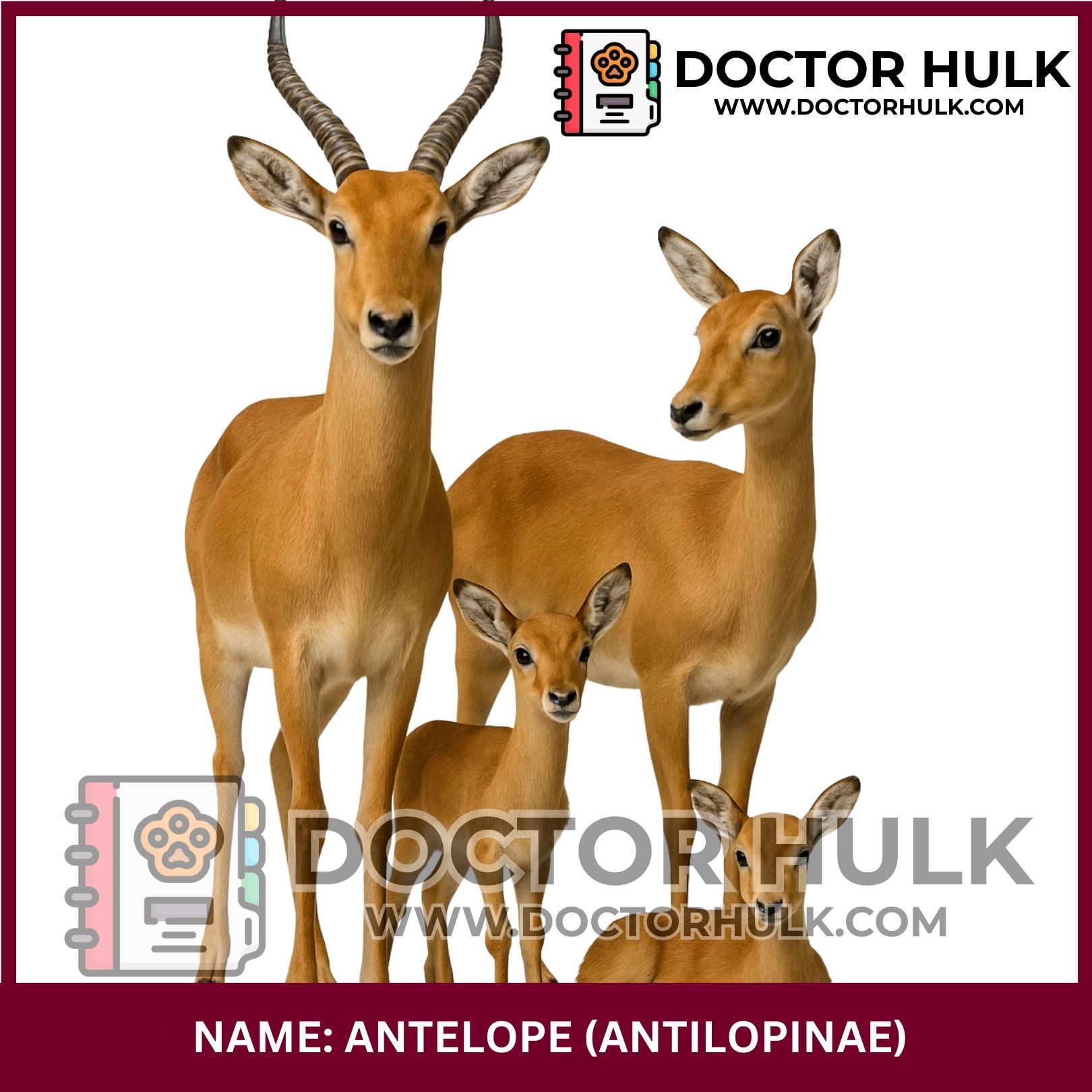
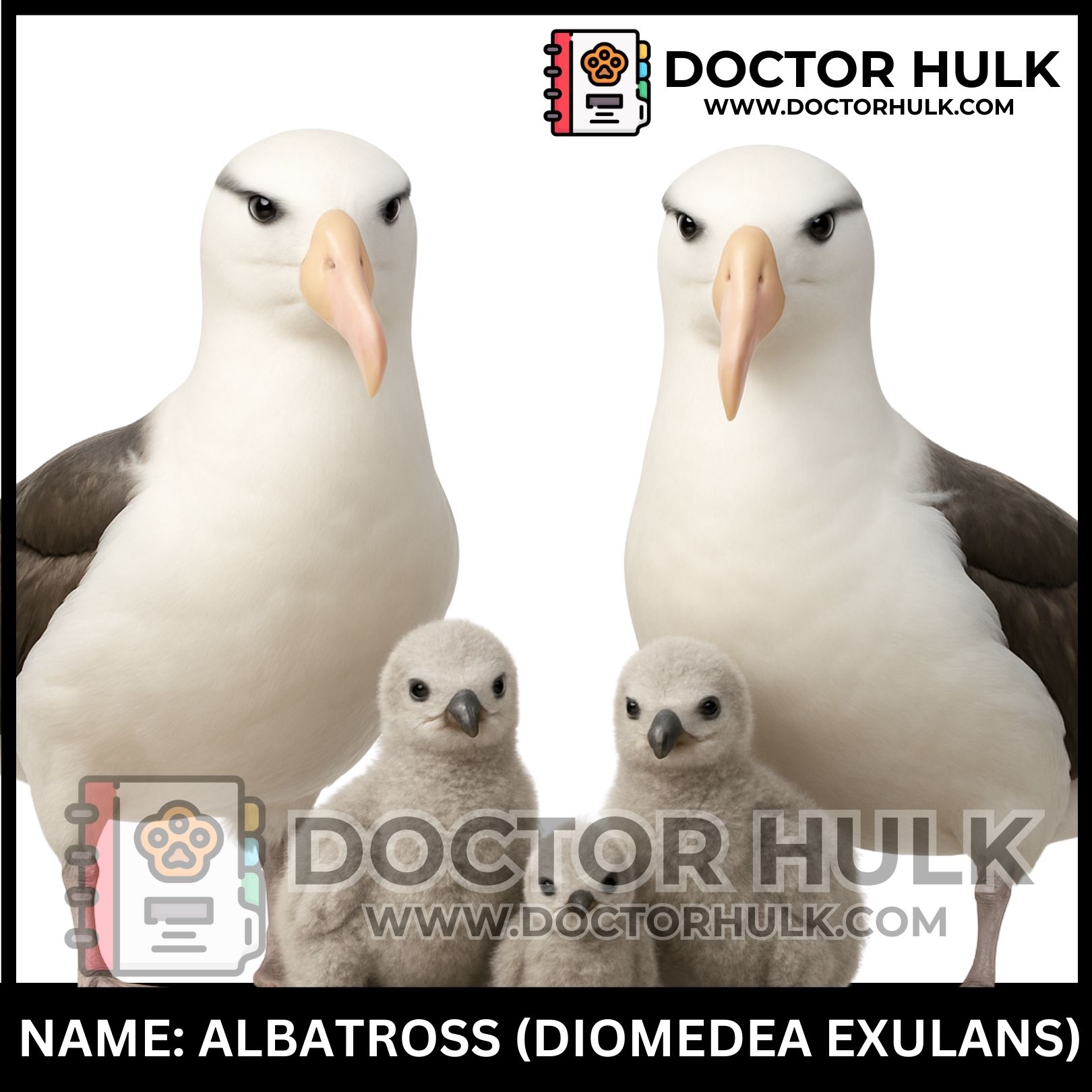
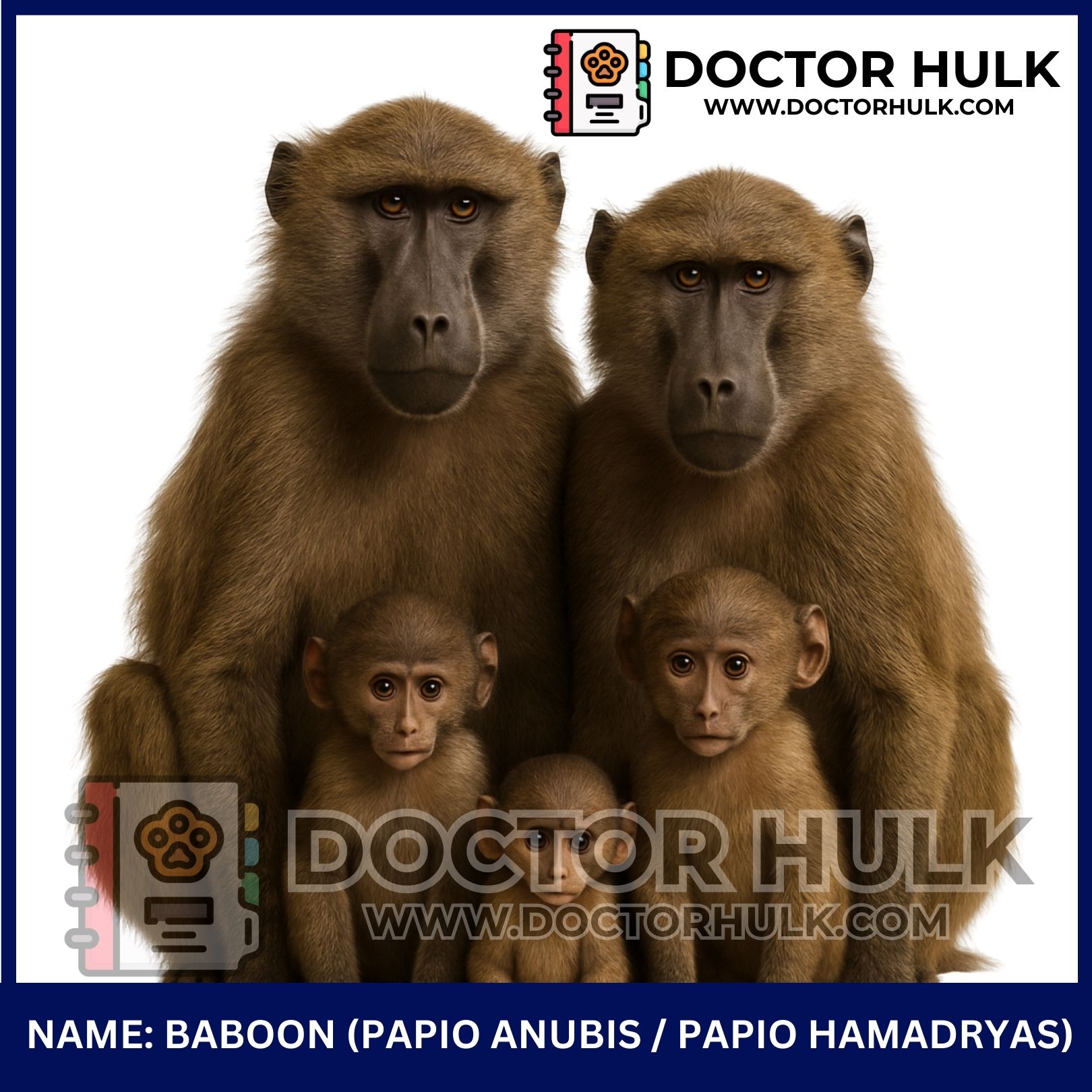
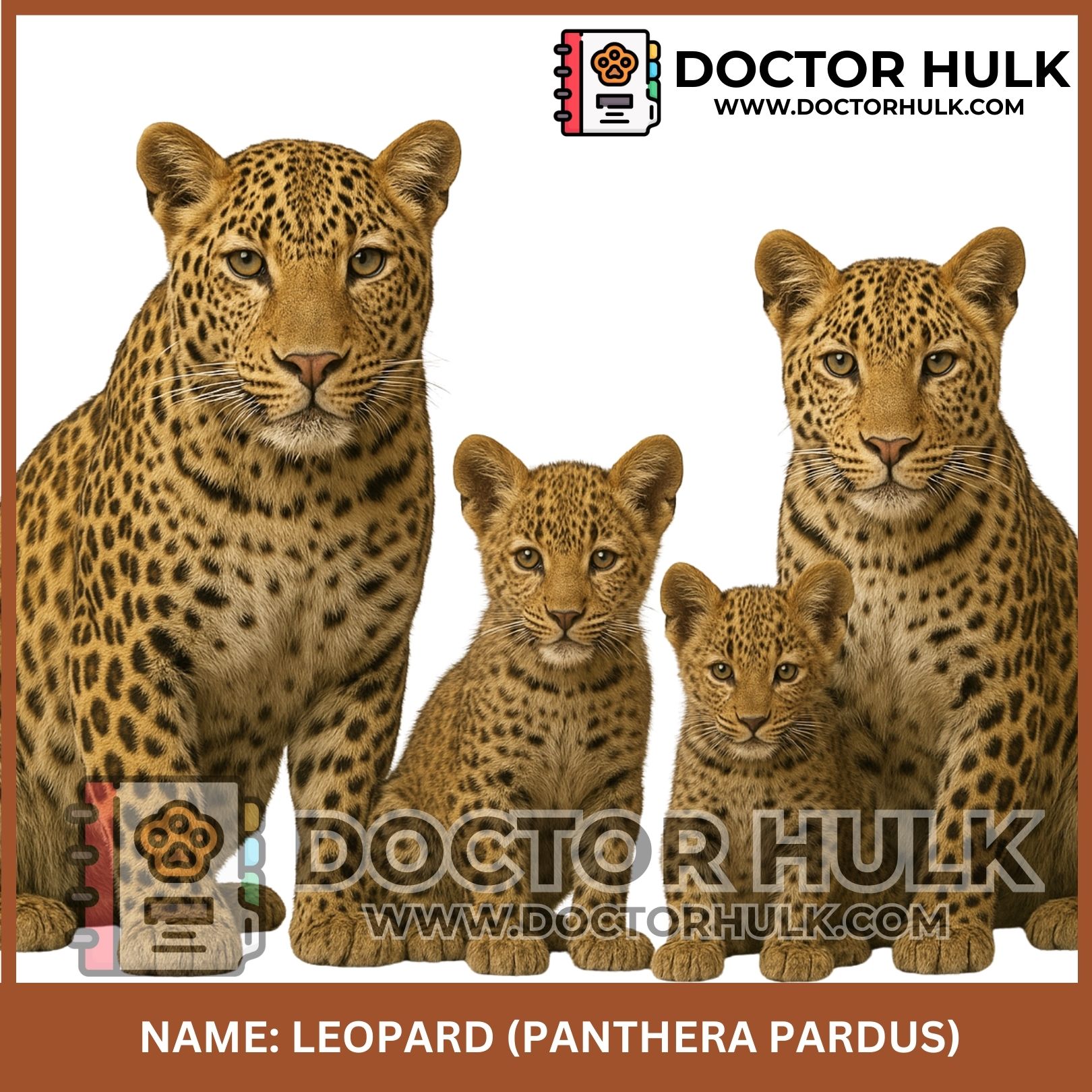
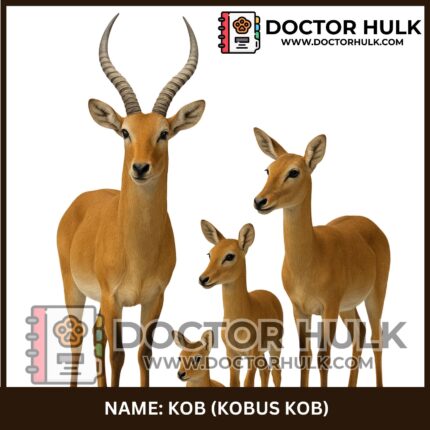
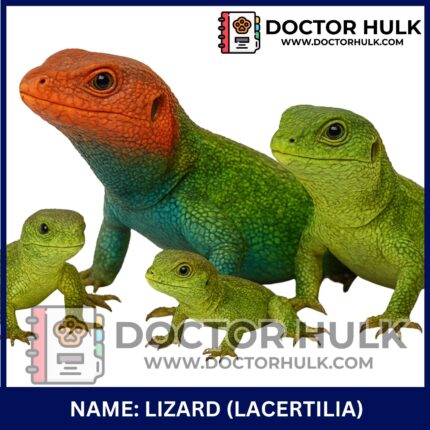


Reviews
There are no reviews yet.